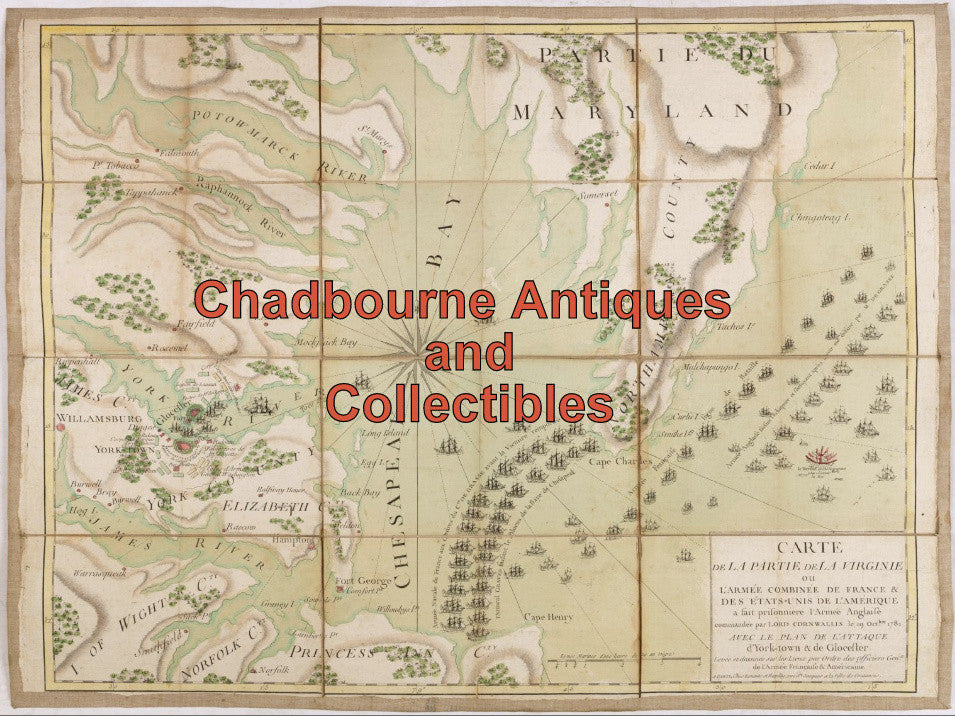$40.00 CAD
| /
The French government has seized a package of books sent to him. He would like them back.
Both letters written in French. Second letter has nice American Eagle letterhead.
Paris 8th March 1853
"Rich Brothers, booksellers of London, send to me two or three times a month new English works, literary and scientific. The boxes or packages contain nothing contrary to French laws, society’s interest, or the government’s politics. Therefore, I dare reclaim a box from my address, taken the day before last to the Interior Ministry. Enclosed is the list of works contained in the box; the two portraits are of M. Prescott, an American historian. All costs have been paid."
Paris 10th March 1853
"A package of English books, from London, to my address, was sent by courier last Friday or Saturday, to the Ministry of the Interior. The majority of the books were bought for one of my nephews, who leaves tonite for Marseilles. I dare to ask the directory to deliver to me the package today. The Commissionaire tasked with picking it up will pay the fees."
Both signed “Robert Walsh former Consul General of the United States 30 bis Rue Rivoli”
Light vertical and horizontal folds. Some corner creases. Light browning
8 ⅛ x 5 ¼
Robert Walsh, Jr. (1785 – February 7, 1859) was a publicist and diplomat. He was born in Baltimore, Maryland.
Returning to the United States in 1808 he was admitted to the Bar, and in 1811 established at Philadelphia the "American Review of History and Politics", the first American quarterly review. Thereafter he devoted himself entirely to literature.
For health reasons, Walsh moved to Paris in 1837. His house was the popular rendezvous of the learned and distinguished men of France. From 1844 to 1851 he was Consul General of the United States in Paris. Walsh remained in Paris until his death. At his death a writer declared him to be "the literary and intrinsical link between Jefferson, Madison and Hamilton and the men of the present day" (1859).
WIKIPEDIA
